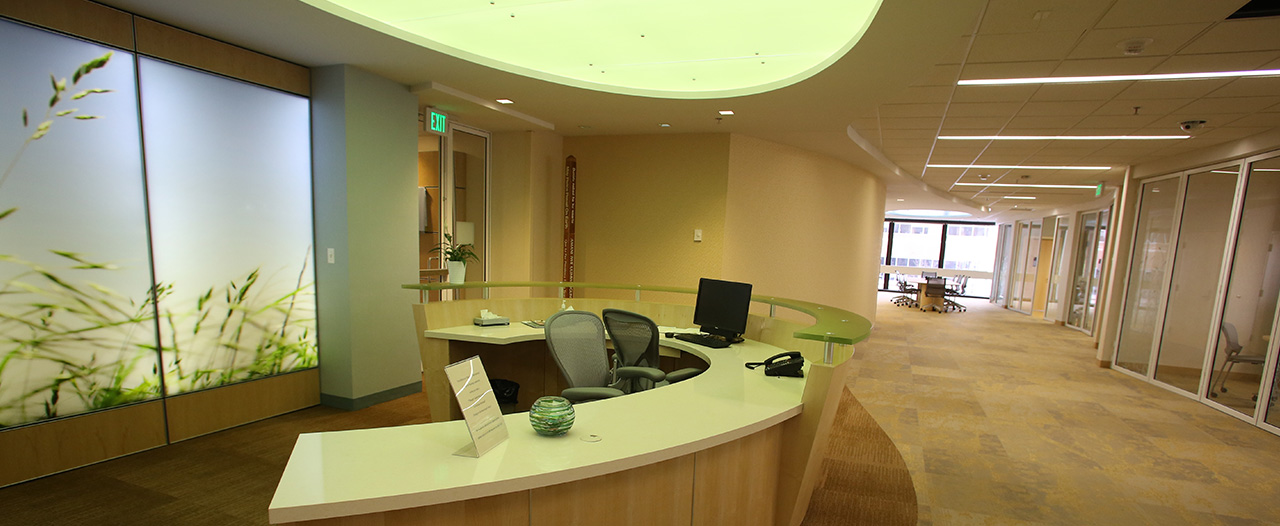
Founded in 1909 and recognized as the first nursing program established within a university, the School of Nursing at the University of Minnesota improves health through innovative research, exceptional academic programs and collaborative practice.
Mission and vision
Mission
To generate knowledge and educate leaders to shape the future of nursing and advance health care to improve the health and wellbeing of all.
Vision
Optimal health and wellbeing for all people and the planet.
Commitment to civility
Commitment to Civility
“Nurses and employers across the health care continuum, including academia, have an ethical, moral, and legal responsibility to create a healthy and safe work environment for nurses and all members of the health care team, health care consumers, students, families, and communities.”
Civility Best Practices
-
Use clear communication verbally, non verbally, and in writing(including social media).
-
Treat others with respect, dignity, collegiality, and kindness.
-
Consider how personal words and actions affect others.
-
Avoid gossip and spreading rumors.
-
Rely on facts and not conjecture.
-
Collaborate and share information where appropriate.
-
Offer assistance when needed, and, if refused, accept refusal gracefully.
-
Take responsibility or be accountable for one’s own actions.
-
Recognize that abuse of power or authority is never acceptable.
-
Speak directly to the person with whom one has an issue.
-
Demonstrate openness to other points of view, perspectives, experiences, and ideas.
-
Be polite and respectful, and apologize when indicated.
-
Encourage, support, and mentor others, including new and experienced nurses and faculty.
-
Listen to others with interest and respect
Adapted from the ANA Position Statement on Incivility, Bullying, and Workplace Violence (2015)
Approved by the School of Nursing Faculty & Staff Council, May 2018.
Nursing Civility Proclamation
WHEREAS, the public views nurses as the most ethical and honest profession in the United States.
WHEREAS, overt and covert acts of incivility, disrespect, bullying, and other toxic emotional behaviors have a negative effect on nurses and others including burnout, fatigue, depression, panic attacks, substance abuse, moral distress, among other physiological effects.
WHEREAS, toxic emotional behaviors have a negative effect on organizations including employee engagement and patient satisfaction, clinical quality and patient safety, nursing turnover, and can exacerbate the nursing shortage.
WHEREAS, toxic emotional behaviors contribute to poor communication and teamwork, a leading cause in preventable harm in those who entrust their lives to nurses and other healthcare professionals to care for them.
WHEREAS, nurses are ethically obligated to care for each other and those we provide care to with civility regardless of race, ethnicity, socio-economic status, gender, physical ability, religious affiliation, language, sexual orientation, age, political orientation, veteran status, occupational status, geographical location and any other cultural diversities.
NOW, THEREFORE, be it resolved that we, the Tri-Council for Nursing, do hereby proclaim that Nursing Civility is to be practiced throughout the United States of America to establish healthy work environments that embraces and values cultural diversity, inclusivity, and equity.
We, the Tri-Council for Nursing call upon all nurses to recognize Nursing Civility and take steps to systematically reduce all acts of incivility in their professional practice, workplace environments, and in our communities.
-
American Association of Colleges of Nursing (AACN)
-
American Nurses Association (ANA)
-
American Organization of Nurse Executives (AONE)
-
National League for Nursing (NLN)
Inclusion, Diversity, and Equity
The School of Nursing welcomes and affirms all; Embracing the equity and diversity commitment of the University of Minnesota:
Inclusion, Diversity and Equity
The School of Nursing welcomes and affirms all; Embracing the equity and diversity commitment of the University of Minnesota:
Mission
Leverage the transformative power of equity and diversity to advance excellence in teaching, research and community engagement at the University of Minnesota.
Vision
We envision a University where equity and diversity are:
-
Integrated into the work and lives of every student, faculty, and staff member.
-
Recognized as core institutional values, and will inform thinking, policies, and practices throughout the University.
-
Inherently intertwined with academic excellence and the development of leaders for a globally inclusive society.
Equal Opportunity
The University of Minnesota shall provide equal access to and opportunity in its programs, facilities, and employment without regard to race, color, creed, religion, national origin, gender, age, marital status, disability, public assistance status, veteran status, sexual orientation, gender identity, or gender expression.
Find more information about Inclusivity, Diversity, & Equity in the School of Nursing at the link.
Accreditation
Officially recognized by the U.S. Secretary of Education as a national accreditation agency, the Commission on Collegiate Nursing Education (CCNE) is an autonomous accrediting agency contributing to the improvement of the public's health. CCNE ensures the quality and integrity of baccalaureate and graduate education programs preparing effective nurses.
CCNE serves the public interest by assessing and identifying programs that engage in effective educational practices. As a voluntary, self-regulatory process, CCNE accreditation supports and encourages continuing self-assessment by nursing education programs and the continuing growth and improvement of collegiate professional education.
The bachelor of science nursing program and master in nursing program were re-accredited in 2020. The doctor of nursing practice program was accredited in 2010 and renewed in 2015. Additionally, two specialty areas are accredited by specialty organizations: nurse midwifery (Accreditation Commission for Midwifery Education) and nurse anesthesia (Council on Accreditation of Nurse Anesthesia Education Programs).